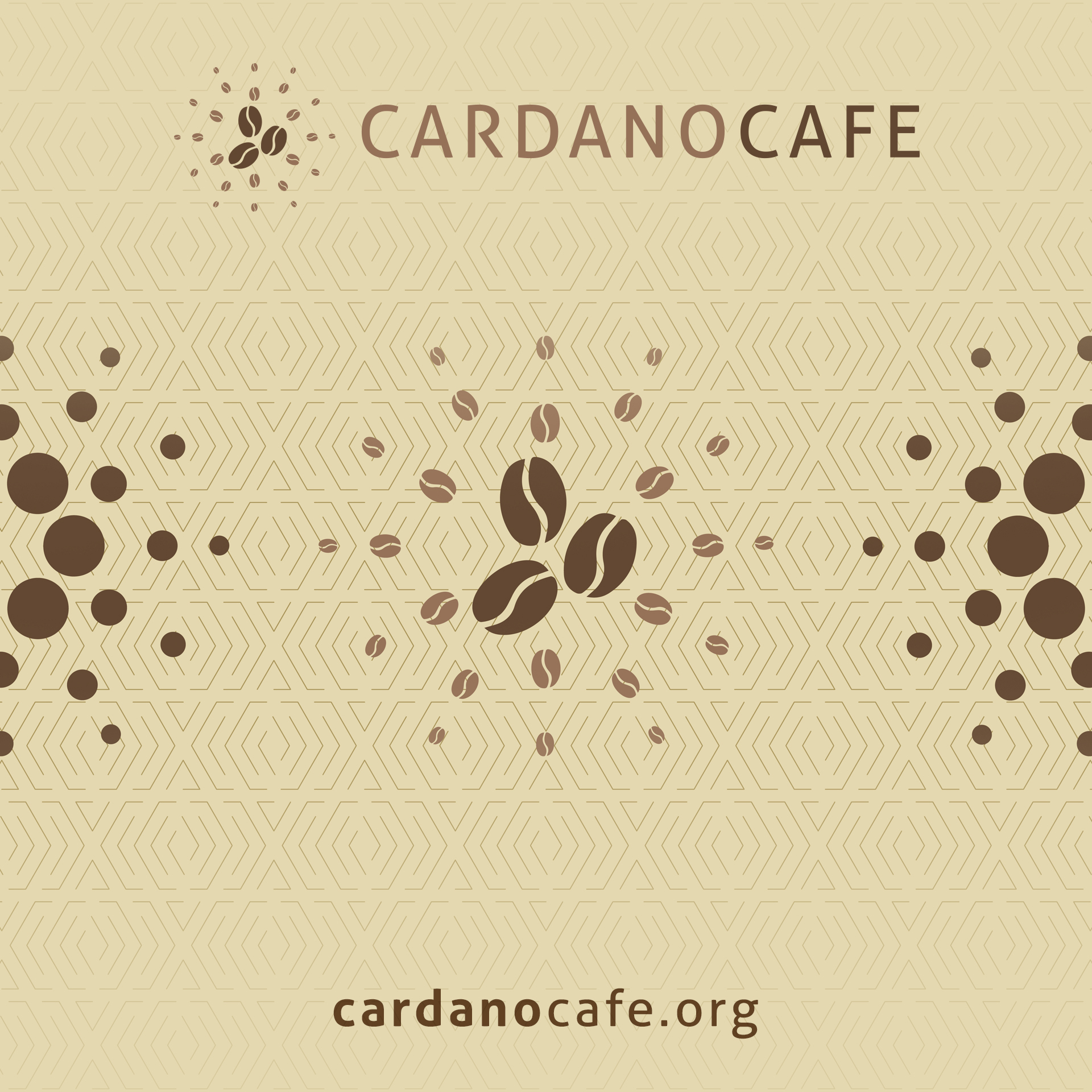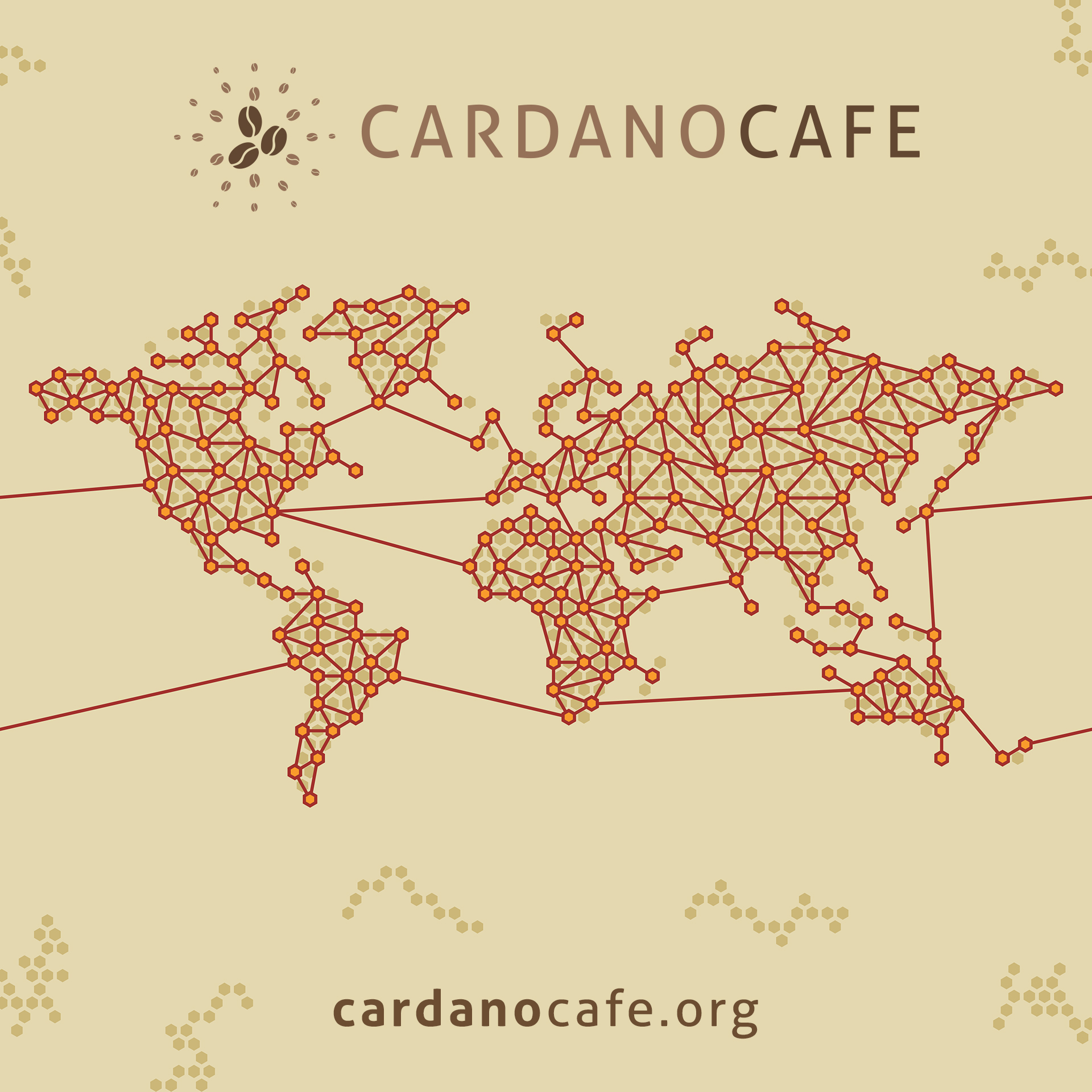
Cardano Development Update
The Developers of Cardano have announced a new major milestone in the journey to full decentralization: The new P2P feature was tested successfully in a closed testing environment.

|
written by: Eric Hill published at: May 11, 2021
|

Cardano Development Update
Feb 4, 2023, by Eric Hill

Cardano Development Update
Dec 10, 2021, by Chris

Cardano Development Update
May 2, 2021, by Eric Hill